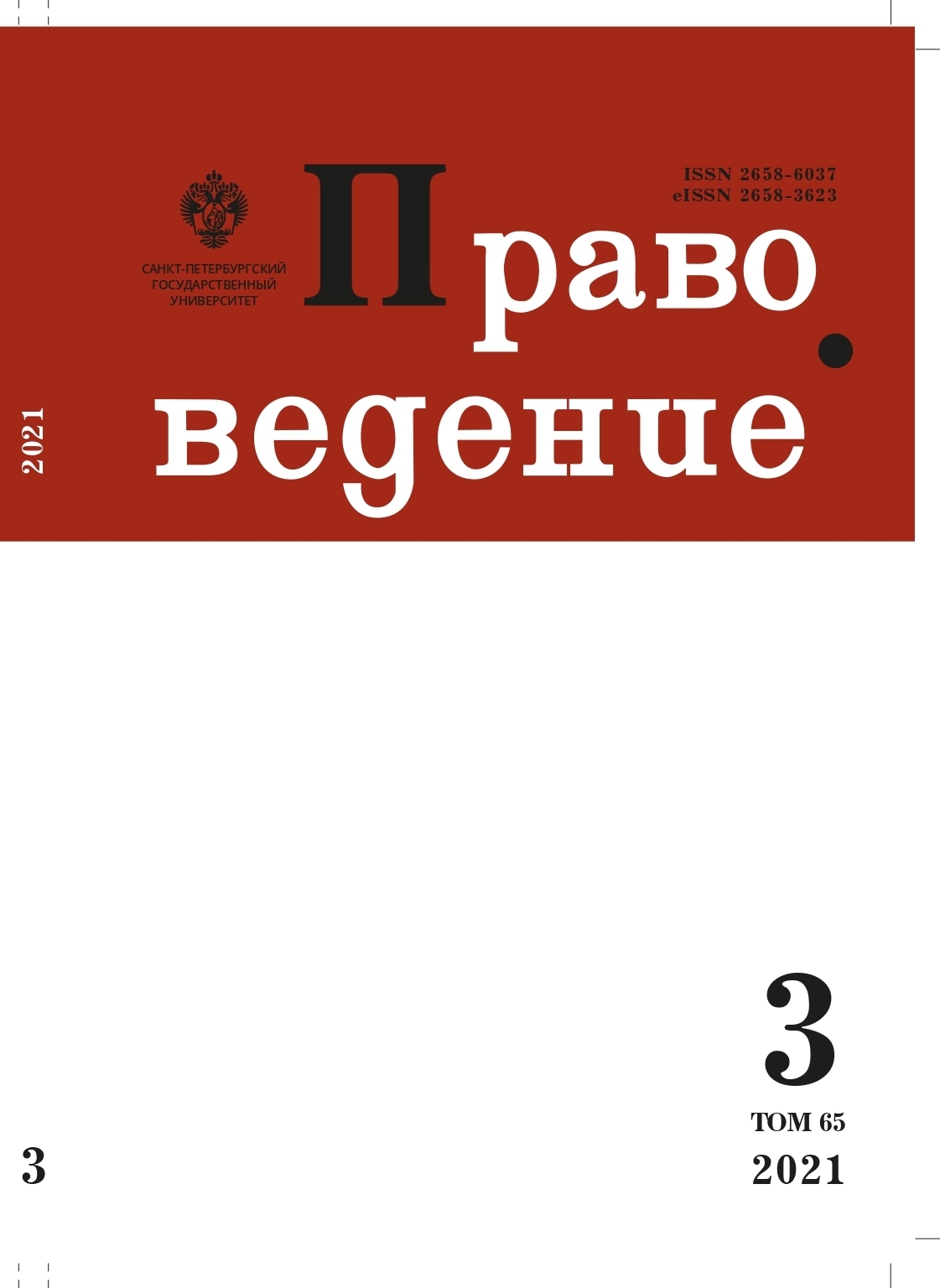Insurance law in Poland
DOI:
https://doi.org/10.21638/spbu25.2021.301Abstract
In recent years Polish insurance law has undergone a series of rapid changes. The key driving force behind these changes has been the need to adapt national legal regulations to requirements of Community law. Consumer pressure has also been a powerful influence, as a result of which insurance services are gradually becoming more customer-friendly. Polish laws on insurance contracts have been developing primarily in the following directions: strengthening the position of insurance service customers, creating dedicated regulations for group insurance, extending the scope of compulsory insurance, ensuring full compensation for traffic accident damages, and regulation of insurance distribution business (including insurance intermediaries). This article discusses basic issues of insurance law under the Polish legal system and general trends in its development, especially as regards adapting national regulations to requirements of European Union, the strengthening of the position of the customers buying insurance services, creation of regulations dedicated for group insurance, and extending the scope of compulsory insurance and ensuring full compensation for traffic accident damages. In particular, the article addresses issues of insurance contracts, protection of clients of insurance services (favoring customers concluding and delivery of insurance contracts), compulsory insurance, insurance concluded on behalf of a third party, group insurance, and new rules of insurance distribution in European and Polish law. The article indicates the main legislative acts of the Polish insurance law and the most important decisions and resolutions of the Polish Supreme Court.
Keywords:
insurance law, insurance contract, compulsory insurance, insurance service customer, group insurance, insurance distribution, insurance intermediaries
Downloads
References
Downloads
Published
How to Cite
Issue
Section
License
Articles of "Pravovedenie" are open access distributed under the terms of the License Agreement with Saint Petersburg State University, which permits to the authors unrestricted distribution and self-archiving free of charge.




